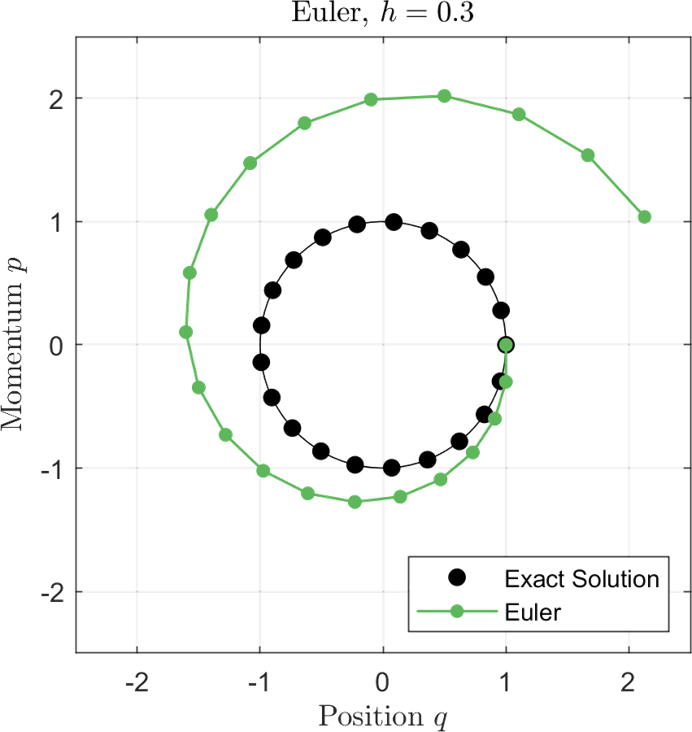Inference
Description
Learning from experience and making predictions that will guide future actions are at the core of intelligence. To reduce the risk of drawing wrong conclusions or making bad decisions, it is necessary to take into account uncertainty. Probability theory offers a framework to represent uncertainty in the form of probabilistic models. Manipulating the underlying probability distributions using a Bayesian approach is called probabilistic inference which, for many models of interest, is computationally intractable. Even for tractable models, it is computationally challenging. In this joint project, a team of researchers with complementary skills aims to cope with these challenges by combining different algorithmic paradigms of probabilistic inference with enabling technologies including algorithm engineering, high-performance computing, automatic differentiation, computational logic, and visualization.
Collaborating Institutions at FSU Jena
- Theoretical Computer Science I (Logic)
- Theoretical Computer Science II (Machine Learning)
- Scalable Data- and Compute-intensive Analyses
- Microscopic Image Analysis, University Hospital Jena
- Bioinformatics and High-Throughput Analysis
- Visualization and Explorative Data Analysis
Funding
Carl Zeiss Foundation within the program «Scientific Breakthroughs in Artificial Intelligence», 2022-2028
Links
Project Homepage: https://inference.uni-jena.de/
Publications
- : Exploring data science workflows: A practice-oriented approach to teaching processing of massive datasets. in Journal of Parallel and Distributed Computing, 200:105043, 2025. more ...
- : Vertex elimination for algorithmic piecewise differentiation. in Proceedings of the 8th International Conference on Algorithmic Differentiation, September 16-19, 2024, Chicago, Illinois, USA. SIAM, 2025. more ...
- : Heuristic graph colouring using hypergraph representations. in A. Conway, A. Pothen, M. Farach-Colton, and B. Uccar, editors, 2025 Proceedings of the Conference on Applied and Computational Discrete Algorithms (ACDA), July 30-August 1, 2025, pages 208-221, Philadelphia, PA, USA, 2025. SIAM. more ...
- : Scaling an augmented RISC-V processor design with high-level synthesis. in M. Weiland, S. Neuwirth, C. Kruse, and T. Weinzierl, editors, High Performance Computing. ISC High Performance 2024 International Workshops, Hamburg, Germany, May 12-16, 2024, volume 15058 of Lecture Notes in Computer Science, pages 312-324, Cham, Switzerland, 2025. Springer Nature. more ...
